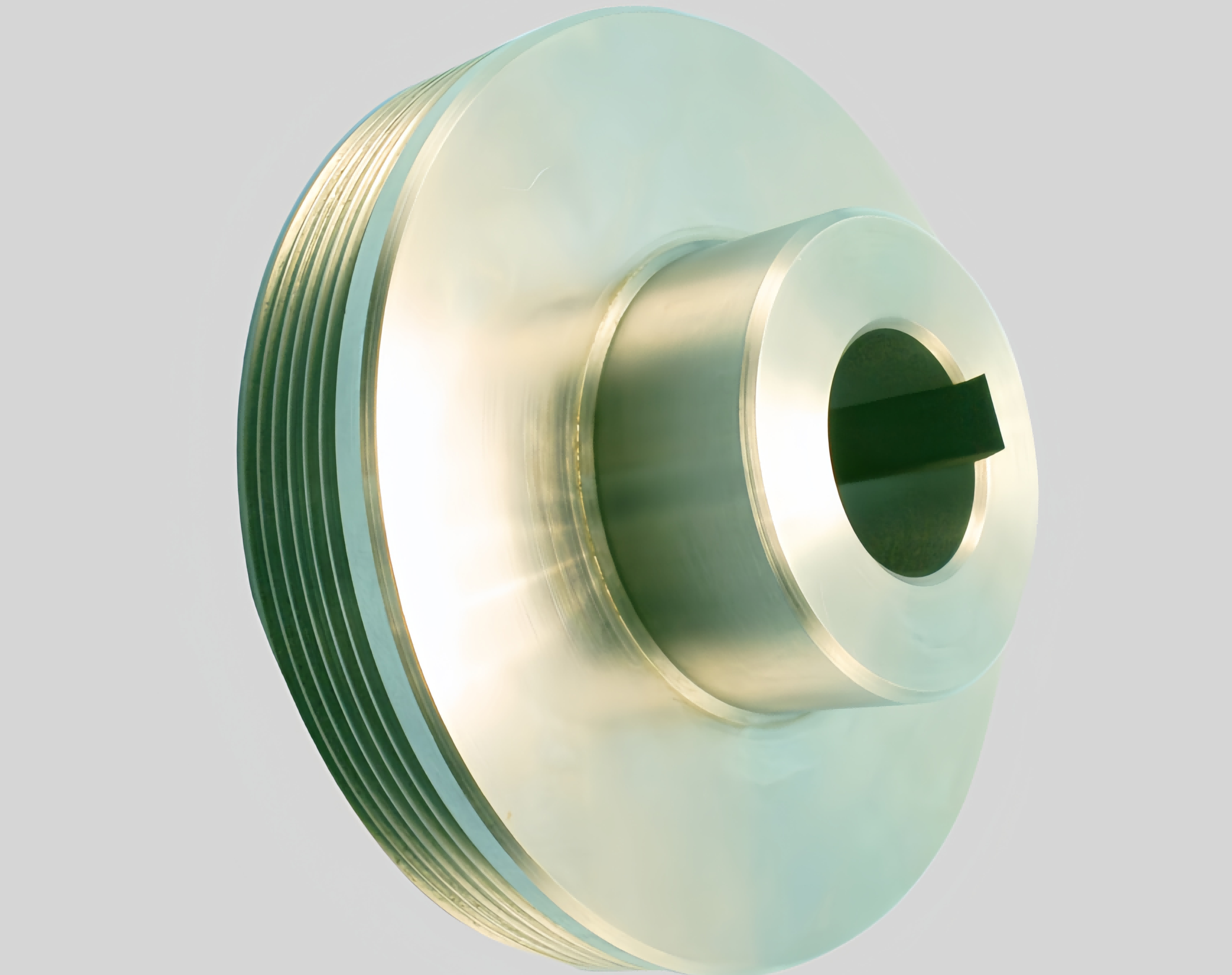Understanding CNC Machine Accuracy and Precision
Computer Numerical Control (CNC) machines are renowned for their exceptional ability to produce high-precision parts, a critical requirement for industries ranging from aerospace to medical device manufacturing. The fundamental elements that contribute to the accuracy and precision of CNC machines include the design and functionality of the machine itself, the quality of its components, and the expertise of the operators. Understanding these elements is key to optimizing the performance of CNC machines and ensuring they consistently deliver precise results.
Defining Accuracy and Precision
In the context of CNC machining, accuracy refers to how closely a machined part conforms to the desired dimensions and specifications. Precision, on the other hand, indicates the machine's ability to reproduce the same dimensions in repeated tasks. For instance, a CNC machine with an accuracy of ±0.02 mm can produce parts that differ up to 0.02 mm from the intended design, while a highly precise machine will consistently produce parts to this tolerance across multiple runs. Together, these factors ensure the high standards required in today's manufacturing processes.
The Role of Tolerance in CNC Machining
Tolerance specifies the allowable deviation from the specified dimension, a critical parameter that ensures the functionality of manufactured parts. Tolerances vary depending on the material and application; in sectors like aerospace, tolerances may be as tight as ±0.01 mm, whereas in less critical applications, such as furniture manufacturing, they may be broader.
Impact on Manufacturing Quality
Defined tolerances play a significant role in product quality. Parts produced within the specified tolerance range will fit and function as intended, ensuring the integrity of the final assembly. For example, a supplier producing components for a China-based automotive factory must adhere to stringent tolerances to ensure seamless integration into complex assemblies.
Key Factors Affecting CNC Machine Accuracy
Various factors influence the accuracy and precision of CNC machines. Understanding and optimizing these factors can enhance machining efficiency and product quality.
Machine Condition and Maintenance
The machine's physical condition is pivotal for maintaining accuracy. Components like spindles, guides, and ball screws must be regularly inspected and maintained. Wear and misalignment can introduce errors, making regular maintenance a crucial practice for any factory aiming for high precision.
The Impact of Tooling on Machining Precision
Tooling significantly affects the precision of CNC machining. The selection and maintenance of tools are critical in ensuring the desired quality of the machined parts.
Tool Material and Geometry
Tools made from high-quality materials like carbide or ceramic ensure longevity and precision. The geometry of the tool, including its cutting angles and edges, also plays a role in minimizing errors and maintaining the desired surface finish. Regular tool inspections and replacements are essential practices for any supplier striving for precision machining.
Advanced Technologies Enhancing CNC Precision
Technological advancements have drastically improved the capabilities of CNC machines, allowing for higher precision and efficiency in manufacturing processes.
Sophisticated Software and Hardware
Modern CNC machines use advanced software that provides enhanced design accuracy and programming capabilities. Additionally, hardware improvements, such as high-speed multi-axis machines, enable complex cuts with extreme precision, meeting the demands of today’s manufacturing standards in places like China, where factories continually push for advanced automation technologies.
The Human Element in Maintaining Accuracy
Although CNC machines largely automate the manufacturing process, human expertise remains vital in achieving the highest levels of accuracy and precision.
Operator Skills and Training
Skilled operators are essential to optimizing CNC machine performance. They must understand machine operations, software programming, and tooling requirements, making regular training a high priority. Suppliers that invest in skilled personnel can better ensure their final products meet the stringent demands of various industries.
Benefits of High Precision and Accuracy
The advantages of maintaining high precision and accuracy in CNC machining extend beyond improved product quality. They also enhance operational efficiency and sustainability.
Operational Efficiency and Cost Reduction
Accurate and precise machining reduces material waste and minimizes the need for rework, leading to significant cost savings. This efficiency is crucial for suppliers looking to remain competitive in fast-paced markets.
CNC Machine Calibration and Maintenance
Continuous calibration and maintenance of CNC machines are essential practices that ensure sustained accuracy and precision over time.
Regular Calibration and Inspections
Regularly calibrating machines and conducting routine inspections can identify potential issues before they affect the machining process. Factories that prioritize maintenance can significantly prolong the lifespan of their equipment and maintain consistent precision in their output.
Reducing Variability for Consistent Results
Consistency in production is a hallmark of precision machining. Reducing variability across the manufacturing process is key to achieving consistent results.
Controlling Environmental Conditions
Environmental factors such as temperature and humidity can affect material properties and machine performance. Controlling these variables within the production environment helps maintain the stability required for producing high-quality parts consistently.
Future Trends in CNC Machining Accuracy
As demand for more intricate and precise components grows, the CNC machining industry continues to innovate, exploring new technologies and methodologies.
Integrating AI and Machine Learning
The integration of artificial intelligence and machine learning into CNC operations promises further improvements in accuracy and efficiency. These technologies can optimize tool paths and anticipate machine maintenance needs, offering significant advantages to factories and suppliers in the competitive global market.
Maxtech Provide Solutions
Maxtech specializes in delivering high-precision CNC machining solutions tailored to meet the diverse needs of industries worldwide. Our advanced machining technologies, combined with expert engineering support, ensure your components are produced to the highest standards of accuracy and precision. By prioritizing continuous innovation and quality control, Maxtech helps factories and suppliers improve their manufacturing processes, reduce costs, and achieve unmatched product quality. Trust Maxtech to provide efficient and reliable CNC machining solutions that meet the rigorous demands of your industry.
User hot search: cnc machining inc
Post time: 2025-08-21 21:02:02
